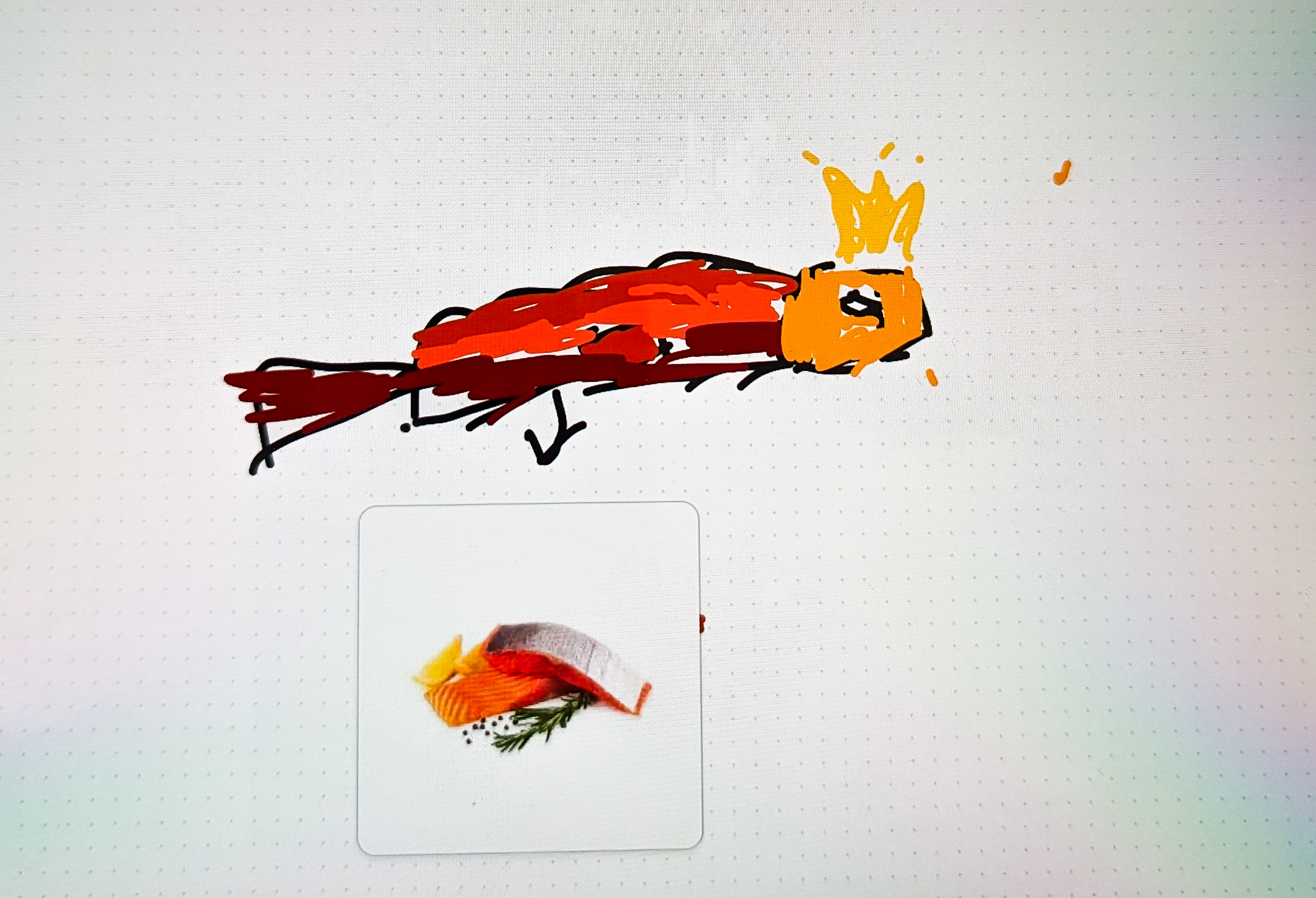AIR Institute is working on the development of a video game on the architecture, history and traditions of Salamanca
One of the tasks on which the AIR Institute's 3D and Metaverse development team is working is to promote learning about the history and the natural environment of the province of Salamanca, through the APRENDA project: Progressive Learning and Educational Challenges for Children through Application Development, an initiative that we are carrying out together with the GIPEP research group of the Faculty of Education of the University of Salamanca.
The project is based on the creation of an interactive mobile application inspired by the video game Pokémon Go, which involves children studying in Salamanca in its development in order to create a more attractive and dynamic game map according to their interests.
The purpose of this application is to increase children's activity outside the home, to go out in search of characters in the different scenarios of the city and interact with them through questions about Salamanca. The degree of interaction with these characters will increase as questions about heritage, architecture, history, traditions, culture and elements of the city's nature are answered correctly.
The characters, the protagonists of this initiative, are being modelled on drawings created by students from various schools in Salamanca, aged between 9 and 15, as a way of achieving greater identification with those who will become their ‘virtual friends’.

Before modelling, our specialists relied on artificial intelligence to extract ideas and create, from these two references, the final design of each one.
In parallel, the team is working on the creation of a mobile application that will make it possible to use the videogame outside the home, ranging from the maps that make up this experience to the incorporation of the questions that will guide their journey through the city and expand the players' knowledge of Salamanca.
From the beginning of the development of this project, contact with the children has been maintained in order to create an attractive video game that responds to their interests. The aim is to bring this activity, which is usually done at home, to outdoor scenarios.
GIPEP, Educational Processes, Spaces and Practices
This transdisciplinary research group of USAL's Faculty of Education has around twenty researchers who carry out studies of pedagogical interest, from a humanistic-scientific perspective, aimed at developing useful resources for educational practice and action.